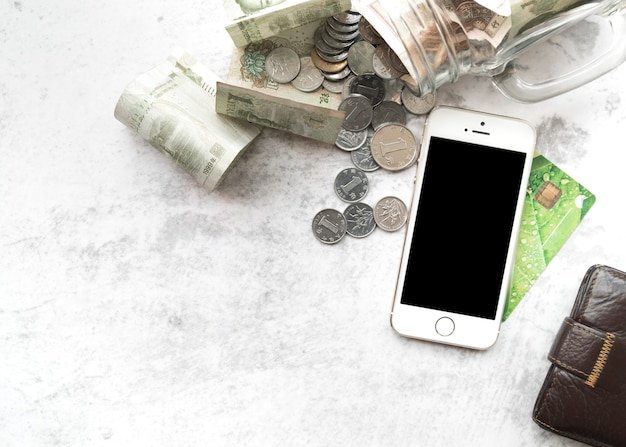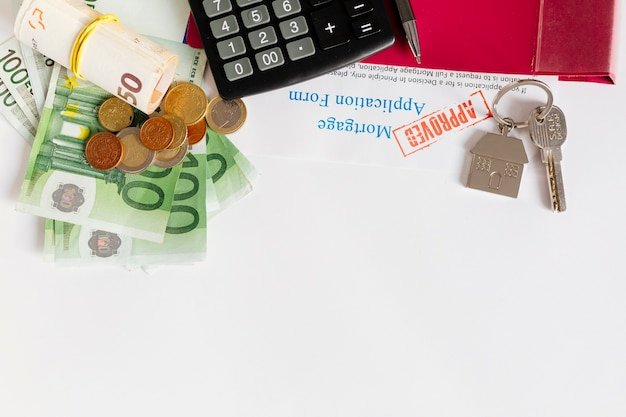
This post is part of a series on 13 money resolutions for 2013. You can check the first post for an updated list of the following ones.
As you review your spending, look for ways you might be wasting money. Reducing waste can be relatively easy and helps save cash.
**Food**
I’m committed to not wasting any food, though it was tough to stick to this over Christmas. My BF brought a lot of food from the capital city, which had been sitting at his place for 10 days and was already spoiling. Plus, I tend to overcook when I have guests. But I’ve resolved to stop wasting food—it’s really important to me because I hate seeing it go to waste. Wasting food is essentially throwing money away. Even if you waste just a few dollars’ worth of vegetables each week, that adds up to about $100 a year.
To optimize your grocery shopping, buy only what you need. Picking up a pack of gum at checkout is fine if you like gum anyway. But buying large quantities of something you don’t really eat just because it’s on sale is wasteful.
**Energy**
Energy waste also drives me crazy, especially when people leave the fridge door open for ages. Here, we don’t need heating, and only the shower has hot water, so the potential for energy waste is mostly in the kitchen. With a little mindfulness, you can reduce your energy bill without sacrificing comfort.
– Keep windows closed when using heating or AC.
– Turn off lights when you leave a room.
– Open the fridge only twice while cooking—once to get ingredients and once to put things away.
– Turn off the oven 5 minutes before your food is ready and let the residual heat finish the job.
– Cook larger portions and freeze them to make the most of your oven usage.
– Check your water meter before bed and in the morning to detect leaks.
– Lower the thermostat to find your minimum comfort temperature.
– Cover pots and pans while cooking to retain heat and speed up the process.
– Wear a sweater at home and add an extra blanket on your bed instead of turning up the heat.
**Car and Gas**
Use your car only when you absolutely need to, and consider alternatives like carpooling, cycling, or walking. Combine errands into one weekly trip. Fill up your tank on the way instead of making special trips, and check gas prices online to find the best deal. Regular maintenance can prevent expensive repairs down the line.
Just as buying too much house is wasteful, so is buying too much car. If you’re a single person living in a big city, you probably don’t need an SUV. Choose a vehicle that fits your actual needs.
**Stuff**
Stop buying things and clothes to cheer yourself up—it won’t solve your problems and will only create more issues like clutter and debt. Instead, give old items a new life. Repair, reuse, or repurpose things before throwing them away. Spend money thoughtfully. Ask yourself if you really need the item, will use it often, or truly enjoy it. Do you need all that storage space on your new computer? Is it necessary to get a new phone every year?
**Time**
Does wasting time relate to wasting money? Absolutely. Time IS money. Aim to engage in meaningful activities or choose to do nothing purposefully. If you can have 12 productive hours a day—8 for work and 4 for personal projects—you’ll still have time for fun, chores, and sleep. But if you let procrastination take over, your goals will suffer.
By cutting waste, you can free up extra money in your budget to reach your financial goals faster. Since it’s waste you’re cutting, you likely won’t miss it! How do you eliminate waste from your life?









